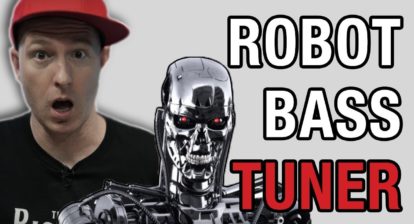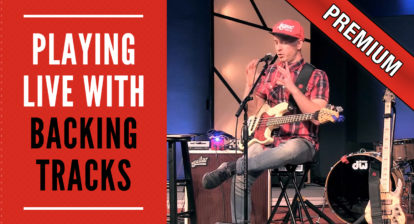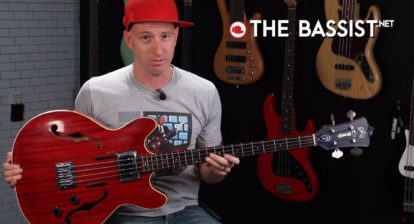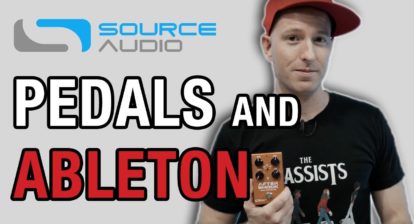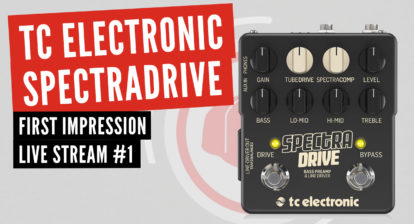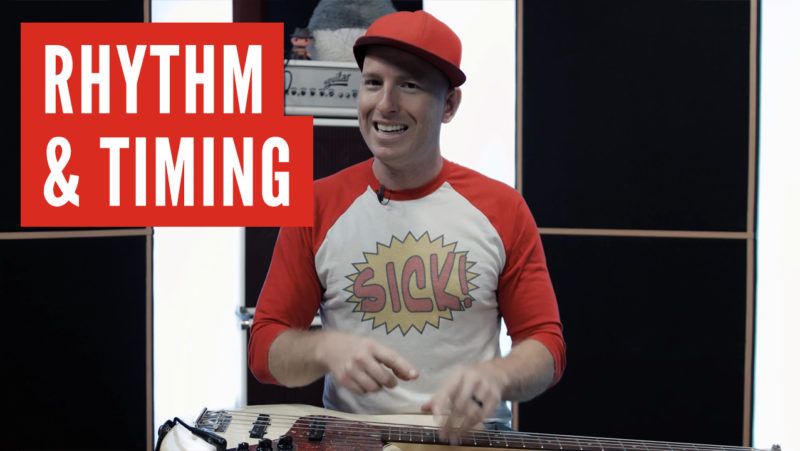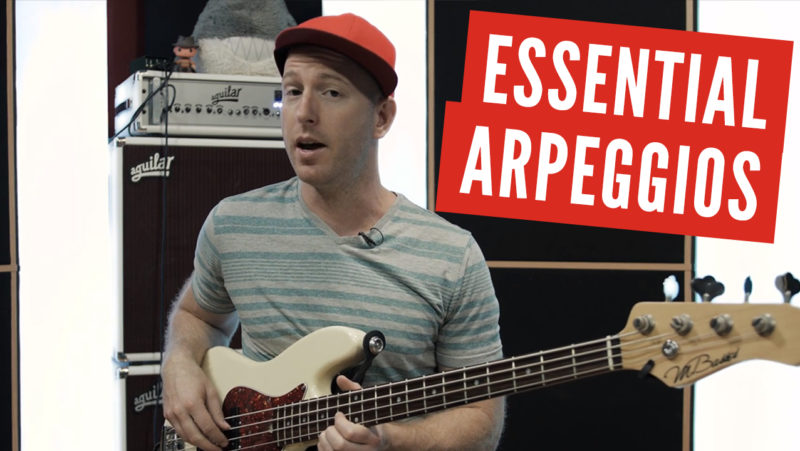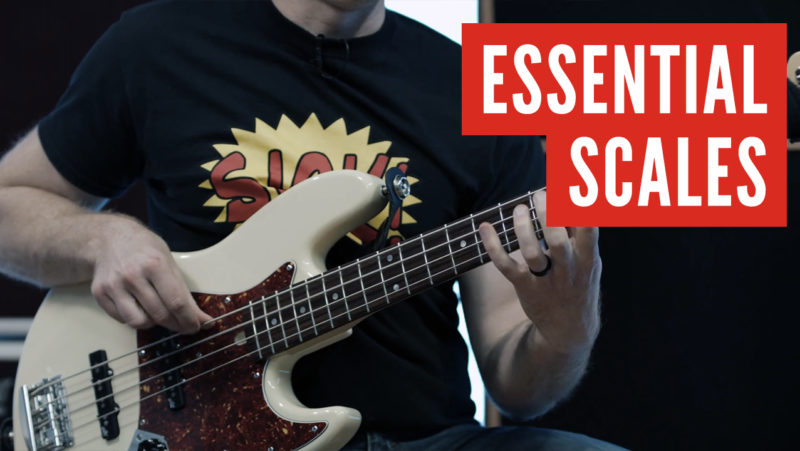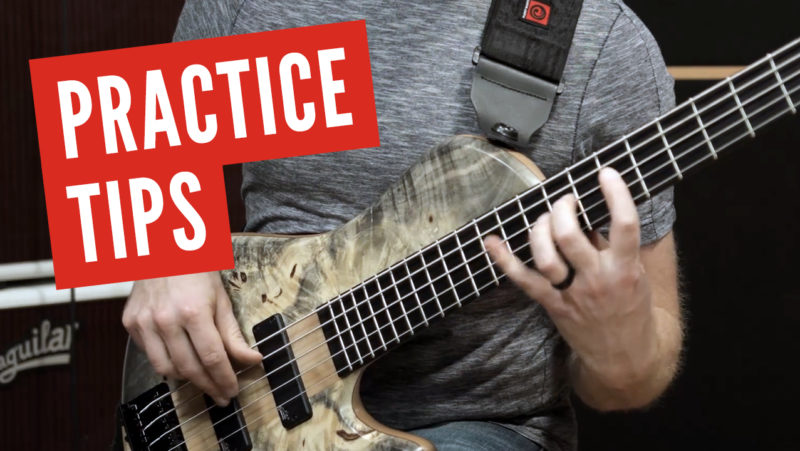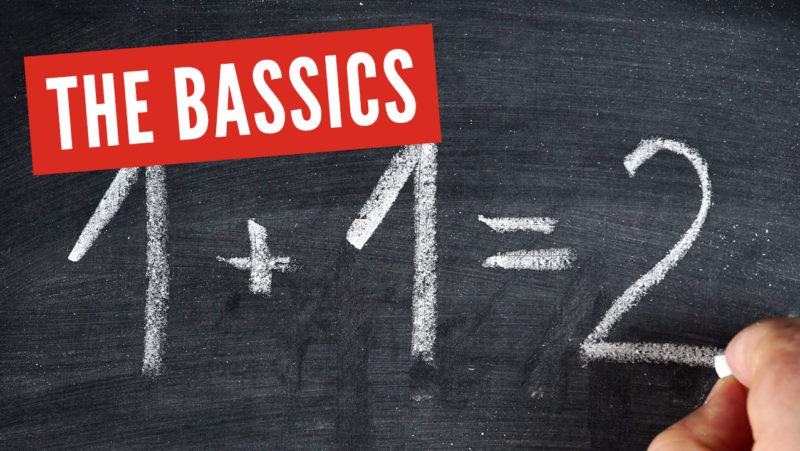So I experienced the most horrific feeling last week when I left home for the day having forgotten my cell phone. I got about 20 minutes into my journey before I realized that it wasn’t with me, and I had no time to turn back and get it. What was I to do? I started thinking the most terrifying thoughts:
– What if someone needs to get ahold of me?
– What if my wife has something urgent to tell me?
– What if I need directions somewhere?
– What if I run into car trouble and can’t call for help?
– O no! How am I supposed to update my Facebook status???
Obviously I made it out alive, thank heavens, but it’s actually quite funny how debilitating this felt to me. And the funniest part is that this is EXACTLY how I lived before I ever had a cell phone, let alone a fancy one with internet access and other bells and whistles that are now a part of my daily existence. If someone needed to get ahold of me I had to be somewhere that they knew I could be reached (or I was grounded). I have a good sense of direction and intuition, but I’ve never been afraid for pulling over and asking. The call box usually isn’t too far away on the freeway, and 17 year old me didn’t update MySpace too often anyways, so I could probably go a day or two without the status update 🙂
All of this got me to thinking, Is technology a tool or a crutch? Well, in my personal life I feel like it’s a crutch for the most part because, as I already stated, I got along just fine for a good 17 years without ever needing Siri or Google. I lean on my “need” for technology because I’ve grown comfortable within it, but I can still function (and painstaking had to for 24 hours) without it. The point is this; my day wasn’t ruined by not having my trusty smart phone with me, though I truly had to fight the feeling of being naked without it.
So I when I began pondering this a bit more I realized this would be a great blog topic. I reached in my pocket to text myself a reminder to write about it, only to remember that my phone was at home. So I scavenged my truck for a chisel and a stone to inscribe these words:
TECHNOLOGY – TOOL OR CRUTCH?
Within the vein of music, and the making and creating of music, and the industry of music, and the listening and enjoying of music, has technology become a crutch for you? Or is it just another tool?
To be honest, for the most part I, again, lean towards the assumption that it has become a crutch for most of us (myself included). Nowadays I rarely walk into a session where the whole band is in there, rehearsed and ready, all set to cut an entire record at once. It’s usually quite the opposite, where one-by-one we play our parts individually, based off a scratch track and a click track, using our imagination to hear what everyone else will probably be doing. We typically start with the drums, and after we have about 3 passes, we move on to the next song, whether we got The Take or not.
“It’s ok dude, don’t worry if you messed up somewhere in all 3 takes, we’ll comp between them and make the one that sounds best. And we’re gonna beat-detective it all anyways, so don’t worry about that one sloppy passage.”
Then we do the same thing for all the other instruments, on separate days, of course, because there wasn’t a big enough budget to get everyone in there at one time. Speaking of budget, we couldn’t afford a “real” studio too, but my guitar player has a Pro Tools rig so we did it in his living room. It sounds just as good.
Then we edit and quantize and autotune and nudge and edit some more, finally sending off a big session to mix and master, hoping that they’re going to make it sound the way we want it to (we gave them a lot of options, including 9 mics on the snare and 4 overdubs of each guitar part so they can have lots to choose from). We also tracked it as dry as we could (no eq, compression, or effects) on the way in so we’re not stuck with something we don’t like later. After all is said and done, we finally get our record finished and it only took 6 months and it sounds GREAT! Just the way we wanted it to! Right?
Well, usually not. Usually it’s still not what we were hoping to hear. Why? We made the best comps of each instrument, nudged them perfectly in sync with each other, tuned the vocals to sound spot on and even got the best mixing engineer we know to mix it. What happened?
Now, although I’m criticizing and making fun of this a lot right now, I’m NOT AT ALL opposed to cutting records this way! Because it yields fantastic flexibility and affordability. It allows you to work when you want, where you want, how you want, and with whom you want. It saves money, it gives you control, and it truly gives you all the tools you need to make a quality recording. BUT it comes at a cost, and this cost is important to note.
Number one, it costs time. 5 months to do an EP? That’s a long time! In my youth I did projects that took even longer; even years! Sure, it allows you to work with everyone’s schedules and take your time, but you lose all momentum and passion for your project as time moves on. Day One is the best because we’re all excited and the creative juices are flowing, but by Day Eighty-Five we’ve lost most of that passion and just want to get it done already. “Isn’t this good enough?” Wasn’t your attitude on Day One. If you do it “Old Skool” you’ll be done tracking within 14 days and mixed/mastered within a month. Done and done.
Number two, it costs efficiency. Since we can quantize it all doesn’t mean we should. Since we can build perfect comps it doesn’t mean we shouldn’t rehearse and know EXACTLY what we’re doing before we get in the studio. Since we can autotune it doesn’t mean we should; there’s a lot of magic in the imperfection of the human voice. If you just take the time to nail it right you can move on sooner and not spend so much time editing, comping, tuning, nudging, and all the other time consuming stuff that relates to the first cost mentioned above.
Number three, it costs direction. Rarely do people think of what they want their record to sound like before they make it; they know the songs, the arrangements and the instrumentations, but not the sonic character. We just track it all dry and hope the engineer is gonna work his magic in the mix. That’s like making a movie without knowing what the setting is (time period, location, language, etc). Would you start filming a movie tomorrow if you had the script ready but didn’t know the setting? “Nah, that’s for the Set and Costume Designer to figure out.” I’m pretty sure that the setting will play a HUGE role in selling the believability of your story, so you really need to think that through before you start filming, right? So make decisions about your record BEFORE you make it. How’s the snare gonna sound? How’s the voice gonna sit? What’s the tone and feel of the guitars gonna be? Blend those multiple mics into one channel and record ONE signal. “But Jayme, then we’re stuck with the decision we made!” Exactly. You’re stuck with what you wanted in the first place. Like being stuck driving your dream car. Not so bad, is it?
But what if I’m wrong about what I print to “tape?” That brings us to cost number four; if you’re recording in sub-par conditions (i.e. bedrooms, garage studios, poorly treated rooms and “non-pro” studios) you may not be hearing things accurately. How are you supposed to eq a drum when it’s being tracked in the same room that you’re mixing it in? I’m sure an expert engineer could pull this off, but I know I can’t. You need to be in a space to actually HEAR what it is that you’re doing (go figure, right?) and of course it ain’t free.
So here’s how I feel – When using this technology as just another tool you are using it to your benefit, because as I already mentioned there are MANY. But when you make this your ONLY option you are leaning on it, ultimately cutting yourself short, and depending so heavily on technology will usually lead to a deficit in your final product. Many great records have been cut this way, and I’ve done it for years, so obviously it works. I’m not knocking comps, autotune, amp sims, quantizing, or any of the other TOOLS out there for creating audio works of art. As long as they’re just tools I think you’ll do just fine.
And besides, as Neil Young stated in Dave Grohl’s SOUND CITY documentary (which I truly enjoyed, btw), why would you do something on your own that you could do with friends? I could go out to lunch by myself but I prefer to have company. I could go to a movie on my own but I’d rather have my wife with me. I could take a road trip with just me myself and I but it would be WAY better with some of my favorite dudes. See where I’m getting? I HATE staring at a glowing screen, typing numerical values and just trying to “get it done.” But I love hanging with good people, playing great music, lots of laughing, and being a part of something that we’re all proud of.
What do you think???

